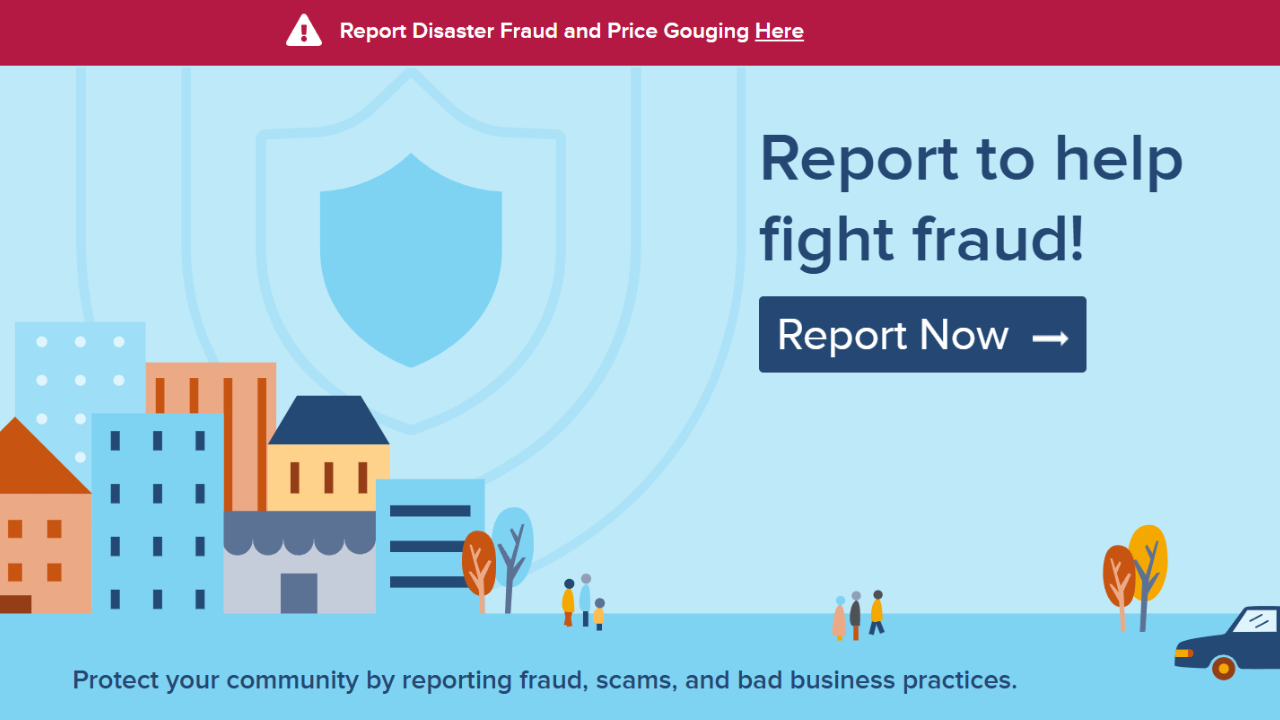The Federal Trade Commission (FTC) has introduced a groundbreaking rule to combat the rising issue of fake online reviews. The rule, issued in August and effective as of Monday, aims to protect consumers from being misled by dishonest testimonials and ensures businesses operate on a level playing field. This new measure allows the FTC to impose civil penalties on individuals and companies who knowingly engage in the sale or purchase of fake reviews.
Why Fake Reviews Harm the Marketplace
Fake reviews may seem like a small inconvenience, but they have a significant impact on consumers and the marketplace. FTC Chair Lina Khan emphasized that these deceptive practices not only waste people’s time and money but also create unfair competition. Honest businesses lose potential customers to those manipulating their reputation with fraudulent testimonials.
“Fake reviews pollute the marketplace and divert business away from honest competitors,” Khan stated. She highlighted that this rule is intended to safeguard Americans from fraud and ensure businesses that break the law face consequences. The ultimate goal is to promote a market environment that is “fair, honest, and competitive.”
What the FTC Rule Bans
Under the new rule, the FTC targets several unethical practices related to fake reviews. Some of the key elements banned by the rule include:
- Fake Reviews from Non-Existent People: Reviews attributed to individuals who don’t exist or were generated by artificial intelligence (AI) are now prohibited.
- Inexperienced Reviewers: Testimonials from people who haven’t used or experienced the product, service, or business they’re reviewing are banned.
- Misrepresentation of Experiences: The rule also prevents people from exaggerating or misrepresenting their experience with a business.
These measures aim to curb the rampant use of fabricated feedback that misleads consumers.
Penalties for Businesses Buying Fake Reviews
The FTC has also placed strict restrictions on businesses that engage in fake review practices. Companies are prohibited from creating, buying, or selling reviews that are false or deceptive. Additionally, businesses that knowingly purchase fake reviews, enlist insiders to write reviews, or use fake testimonials to boost their reputation can face significant penalties.
This rule also extends to protecting employees and reviewers from intimidation. It prohibits businesses from employing tactics like groundless legal threats, physical threats, or false public accusations to suppress honest feedback.
Reporting Fake Reviews
Consumers play a vital role in maintaining the integrity of online marketplaces. If you come across fraudulent reviews or unethical practices, you can report them directly to the FTC. The agency encourages people to report violations through their official platform: https://reportfraud.ftc.gov.
By implementing this rule, the FTC is taking a strong stance against fraudulent online activities, ensuring a fair marketplace for all.
Ensuring Trust in Online Reviews
In today’s digital world, online reviews have become a cornerstone of purchasing decisions. The FTC’s new rule addresses a critical issue that affects consumers and honest businesses alike. By banning fake reviews and penalizing those who violate the rule, the FTC is working to create a more transparent, trustworthy, and competitive online marketplace.
With this regulation in place, both businesses and consumers can feel more confident that reviews reflect genuine experiences and opinions, reinforcing fairness in the digital age.
For more in-depth insights and the latest updates on world politics, health, technology, Digital Marketing and more, be sure to explore our other articles at Patriet.com. Stay informed and stay ahead with the most relevant news and expert analysis!





